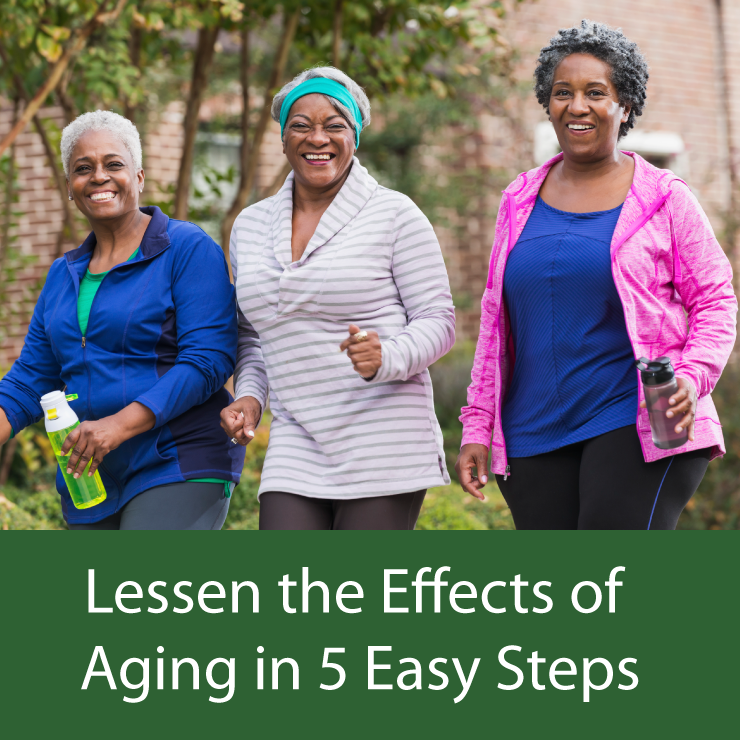
When you think back on your life, how many times have you been affected by aging? A personal experience, a close friend, a grandparent, another family member?
Everybody has been affected by aging, including myself. Being the youngest in the family, my parents are getting to the age where there are more prominent health problems, and all my grandparents have passed. So this post is to help the people in my position to help their family and friends who are dealing with the effects of aging.
There is such a popular interest in the current research industry as to how to "prevent" aging and ways to make the process of aging easier for you and your loved ones. One research study from 1966 showed that the heart doesn't work as well as we age. We also tend to gain weight and lose the good muscle mass that we need in order to stay strong and stable. Exercise can help reverse these side effects by assisting in body composition, and decreasing the likelihood of suffering from cardiovascular disease, strokes, and even cancer, sometimes even up to 47%1.
Other research noted that by exercising in your middle age, you can boost your brain health. This may help your memory and decrease the likelihood of getting Alzheimer's disease2.
Everybody ages, and what the research shows so far is that exercise is the best way to lessen the effects of aging. Here are some tips on how to include exercise in your daily life, in order to improve your longevity and quality of life!
Take the stairs or walk more often. You will improve your heart health. This can lead to a decreased resting
heart rate (which is what you want!) and a boost in blood volume being pumped out of the heart, meaning your heart is becoming a stronger muscle.
2. Include resistance exercise in your weekly routines.
You will improve your bone density and overall muscle mass, while also decreasing your body fat percentage.
3. Include health professionals in your lifestyle plan.
Keep up-to-date with your health records with your doctors, and don't be afraid to ask personal trainers or physiotherapists for more help. When you include other professionals in your lifestyle changes, you are able to learn more options and understand what works best for you when incorporating exercise into your daily living.
4. Don't forget to include a healthy and enriched diet in your lifestyle, too.
By
eating healthy (meaning the "good fats", complex carbohydrates, fruits and vegetables, and drinking plenty of water), your body is more likely to respond well to exercise, and it also will boost your energy levels, no matter what stage you are at with altering to a healthier lifestyle.
5. Start with simple changes; don't jump into heavy training right away.
It has been shown time and time again that
small steps can lead to big improvements. Begin with the simple extra walks here and there, and cut down bad habits like smoking and sugar intake. The results will be seen before you know it, so don't forget to maintain your efforts. Progression is key to success! Make sure you are able to see the benefits before you start challenging yourself.
Find more tips at 5 Ways to Sneak Exercise Into Your Day.
